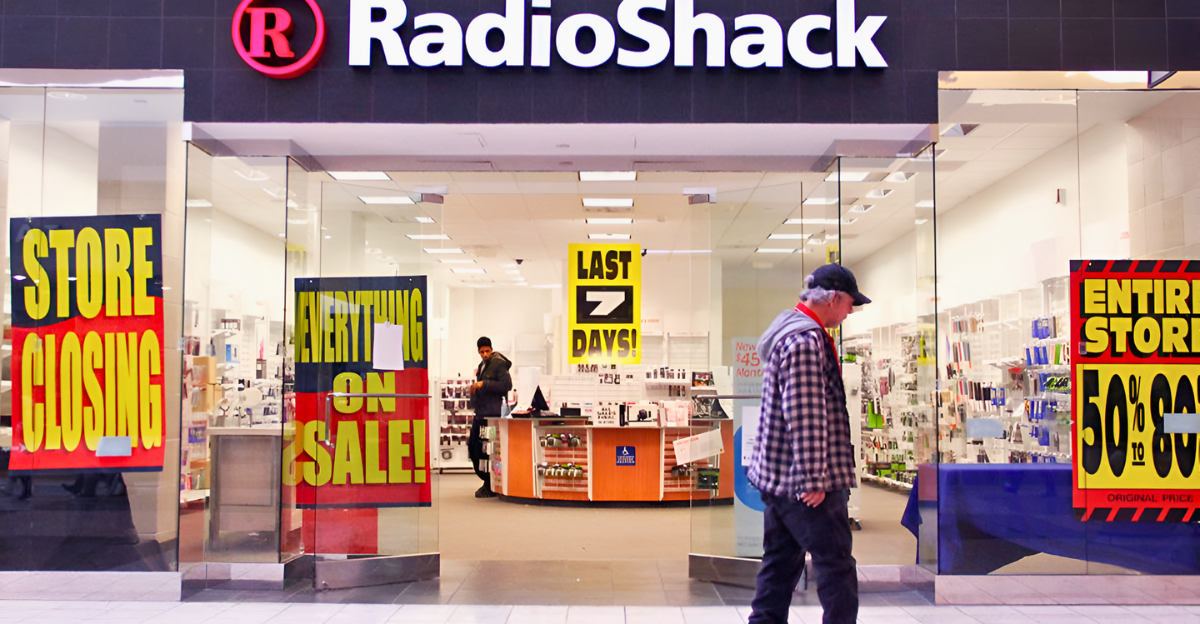
The American mall used to be the central hub for a number of different retailers around the country. However, the recent changes in how retail shopping is generally conducted by the public, and the great digital migration that happened during and post-pandemic, changed the landscape quite dramatically. Since then, and in some cases, even earlier, a lot of well-known brands have had to shutter their doors within the mall. Let’s take a look at 14 stores that you’re not likely to find in malls anymore.
1.) Borders
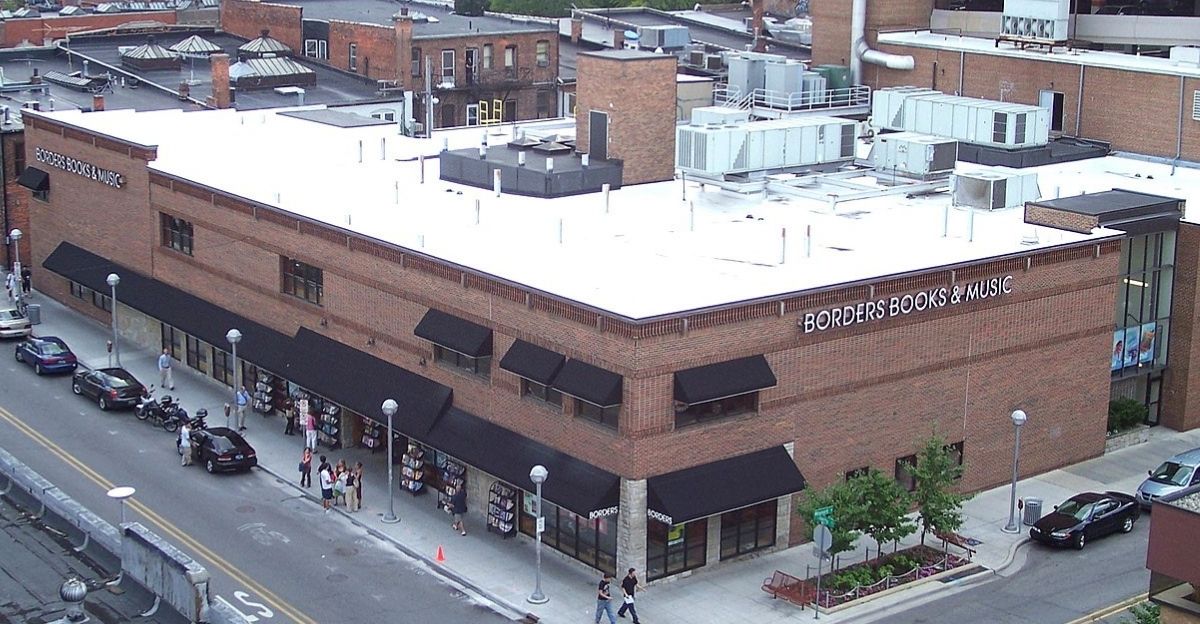
Borders was well-known for being a go-to for anyone looking for a book. These stores were often attached to malls, and before claiming bankruptcy and closing down all of their stores, the company had over 1,200 stores around the world. Sadly though, due to the rising demand for e-commerce platforms like Amazon, less and less people started frequenting the store. In September of 2011, Borders finally shut the last of its stores and declared bankruptcy.
2.) Sharper Image
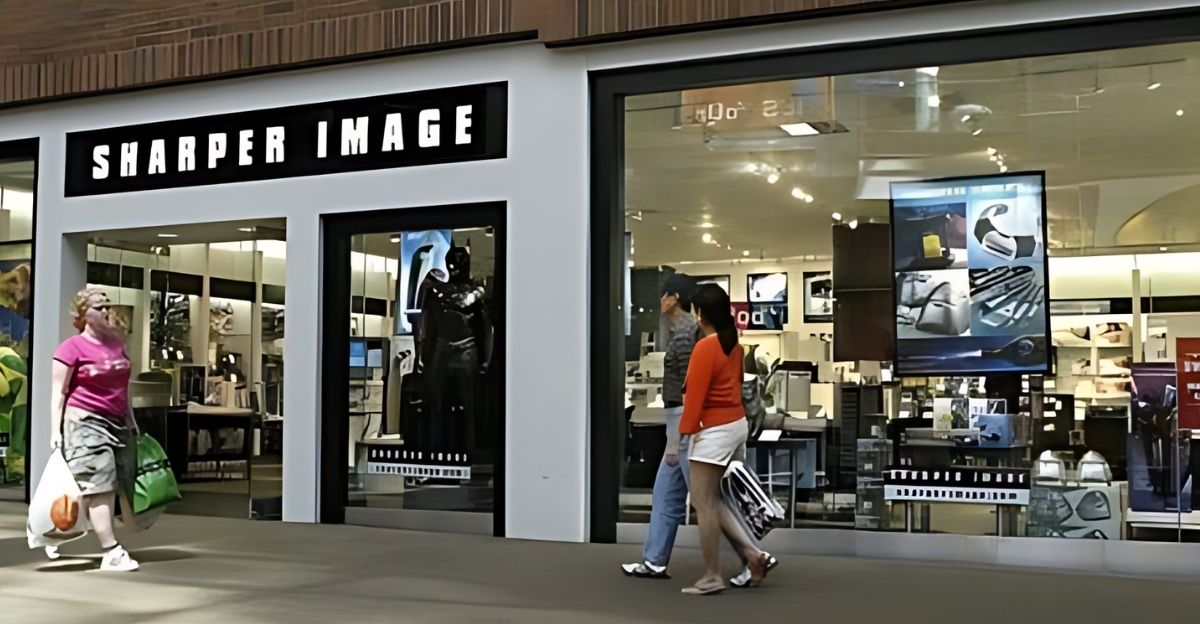
During the days when photography hadn’t become digital yet, Sharper Image still had quite a lot of pull in the retail industry. People would often stop into stores in malls or close by to them in order to get their film developed. However, as cameras became digital, and phones became the new ‘everyday’ camera, fewer and fewer people started to frequent Sharper Image stores. Sadly, in 2008, the company was forced to declare bankruptcy and shut all its physical locations. The brand still exists in digital form, but the likelihood of finding a physical location is very low.
3.) Brookstone
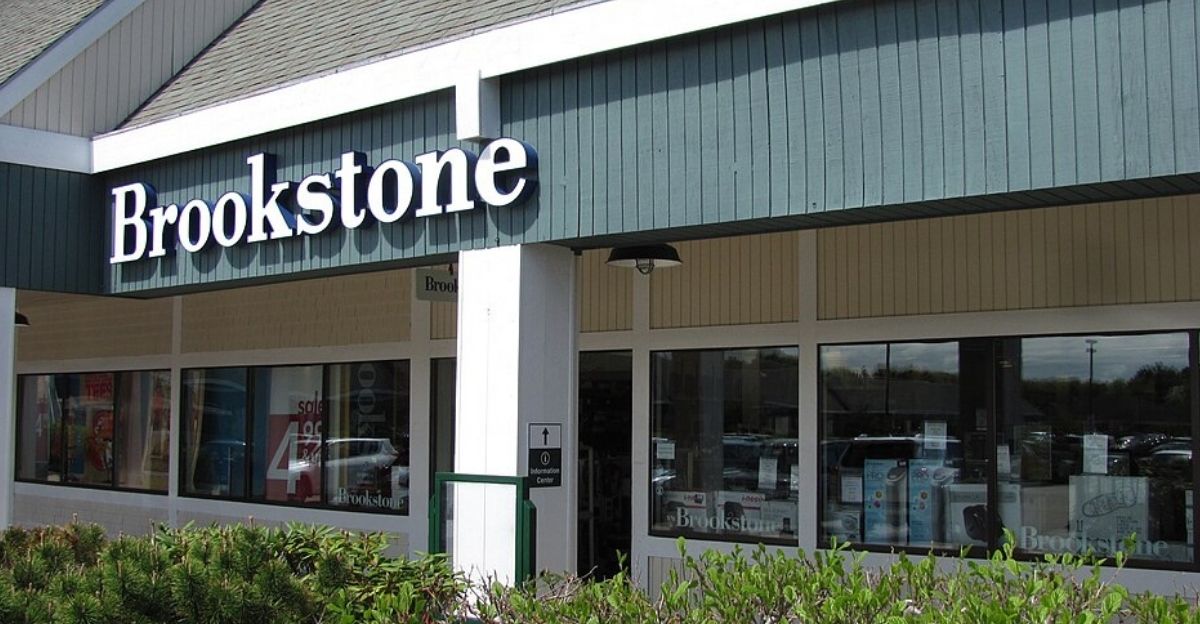
Brookstone was a unique retailer that used to sell rare and ‘hard to find’ products, which helped to set it apart from competitors. They originally started as a mail-order company back in the 60s, but quickly grew to become a popular retail store. However, due to the shifting e-commerce market, the company found more competition in the form of cheaper, online sellers. This forced the company to go bankrupt and they closed all their stores in 2018. However, they still operate online.
4.) Circuit City
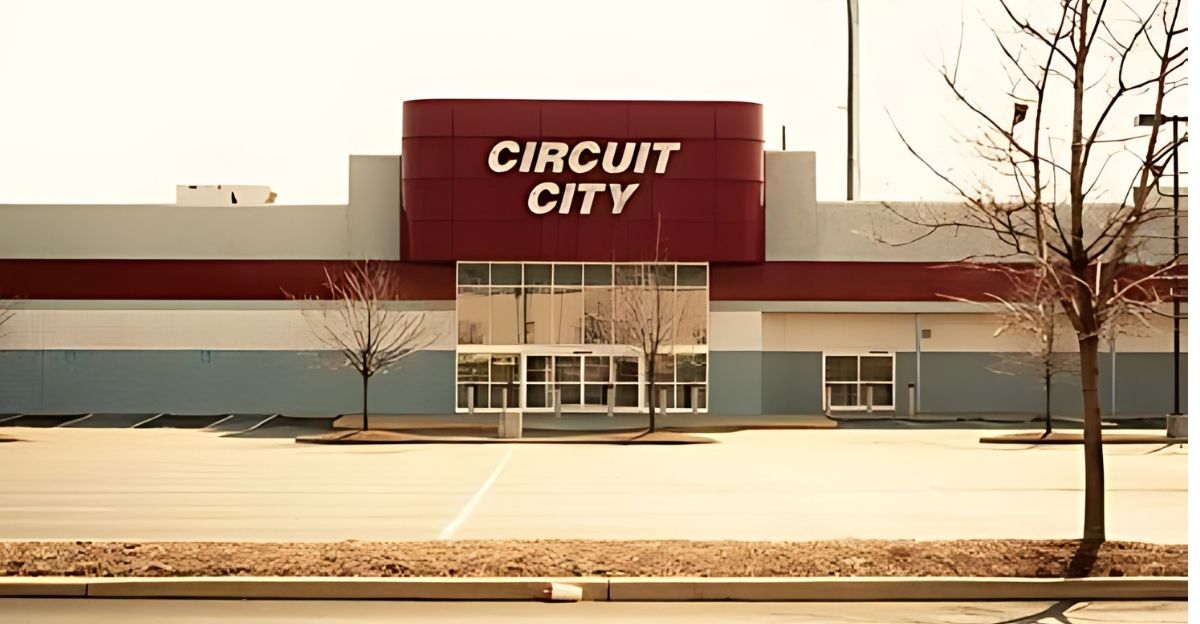
Circuit City was one of the first major electronics retailers to start closing its stores in the US. However, it was also the first electronics retailer to start the ‘superstore’ format, and the company had humble beginnings all the way back in 1949. They specialized in selling TVs and other forms of electronics. They saw significant success during the 20th century, but after the rising popularity of online retailers, the company was forced to close all of its stores in 2008. The company was acquired and relaunched online, but to this day, there are no physical locations.
5.) Sam Goody
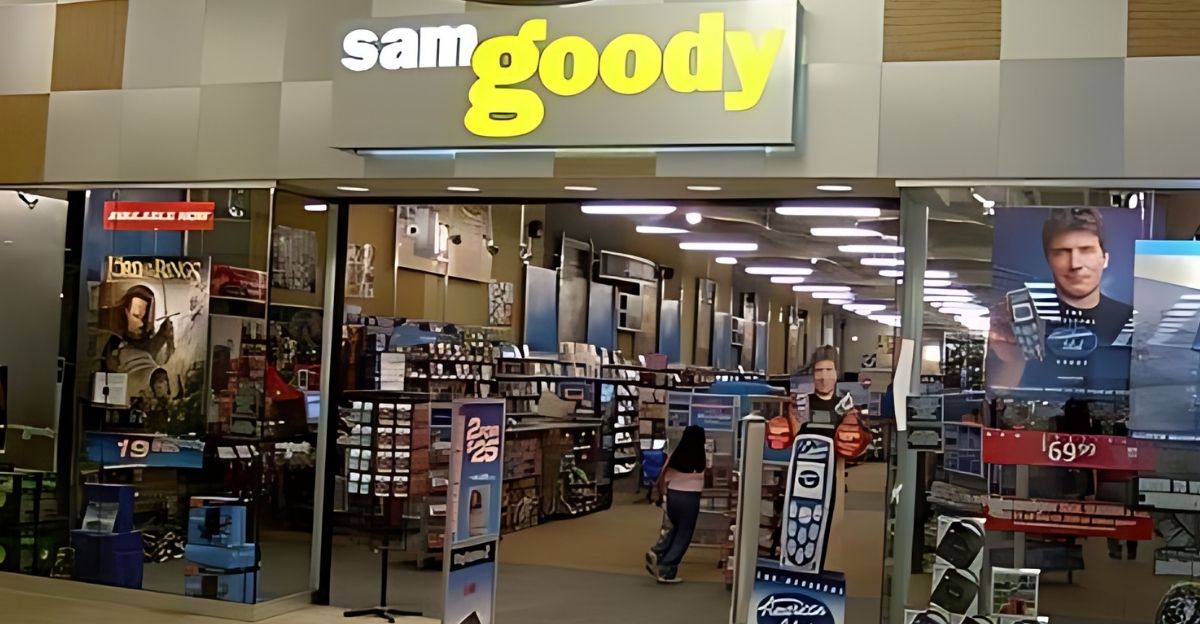
Sam Goody used to be synonymous with malls, and the company had a huge presence across America. Sam Goody was a legacy brand that had started back in 1951 and specialized in selling records. The company was quite successful during the 20th century, but with the rise in popularity of online platforms like iTunes, the company was forced to shut almost all of its stores. However, there is still one last Sam Goody store in Oregon, Rogue Valley Mall, but no one really knows how long it will be open for. The company is practically non-existent anymore.
6.) KB Toys
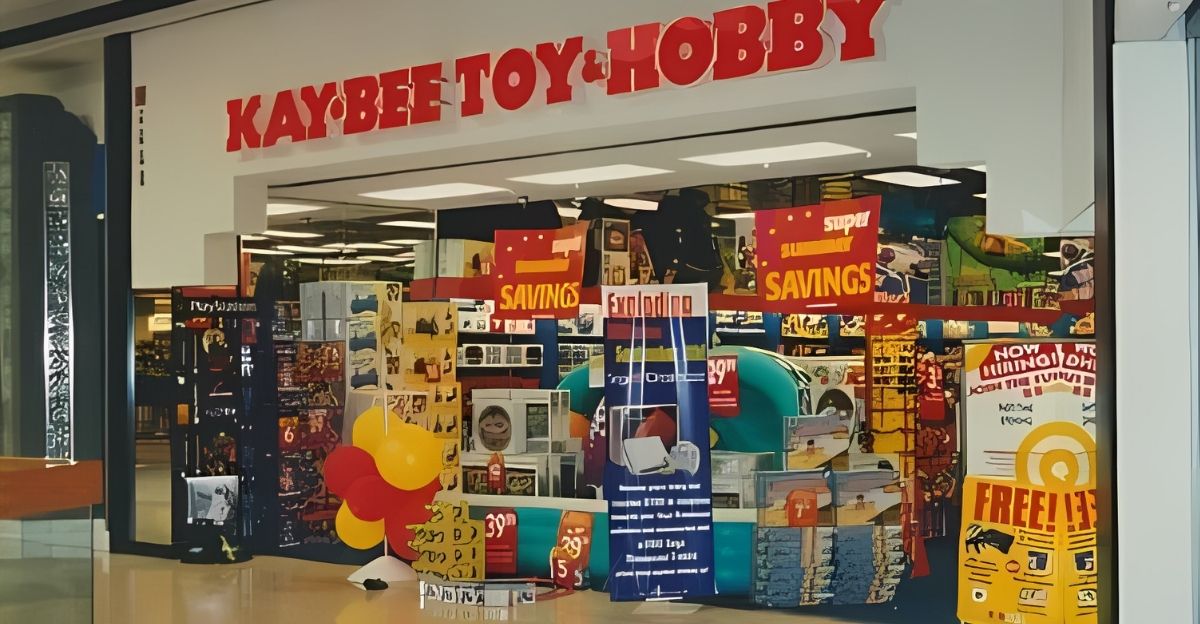
KB Toys is another legacy company that failed to make its way into the changing economy of the 21st century. The company was started in 1922 and saw a great deal of success throughout the 20th century. The company had managed to spread across America and had a strong presence in malls across the country. However, as early as 2008, the company was forced to declare bankruptcy twice and shut all of its stores. The brand tried to relaunch, but couldn’t find the capital to do so. We’re not likely to see a KB Toys store anytime soon.
7.) Wet Seal
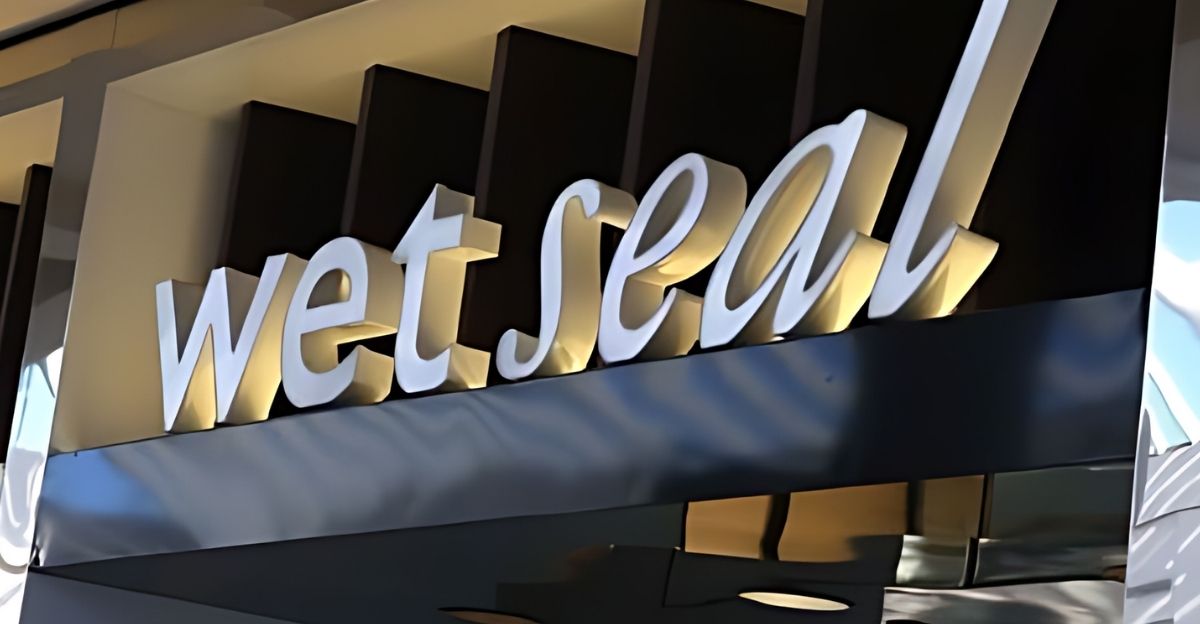
Wet Seal started in 1962 and focused on selling clothing and accessories, mainly to women. It saw a lot of success in the 20th century, and was later acquired by Neiman Marcus in the mid-90s. The company saw a lot of success in the early 2000s, however, by the time online retailers had become popular, and cheaper, a lot of their customers migrated to the online space. In 2015 the comapny filed for bankruptcy and by 2017, they had decided to close all their stores.
8.) Blockbuster
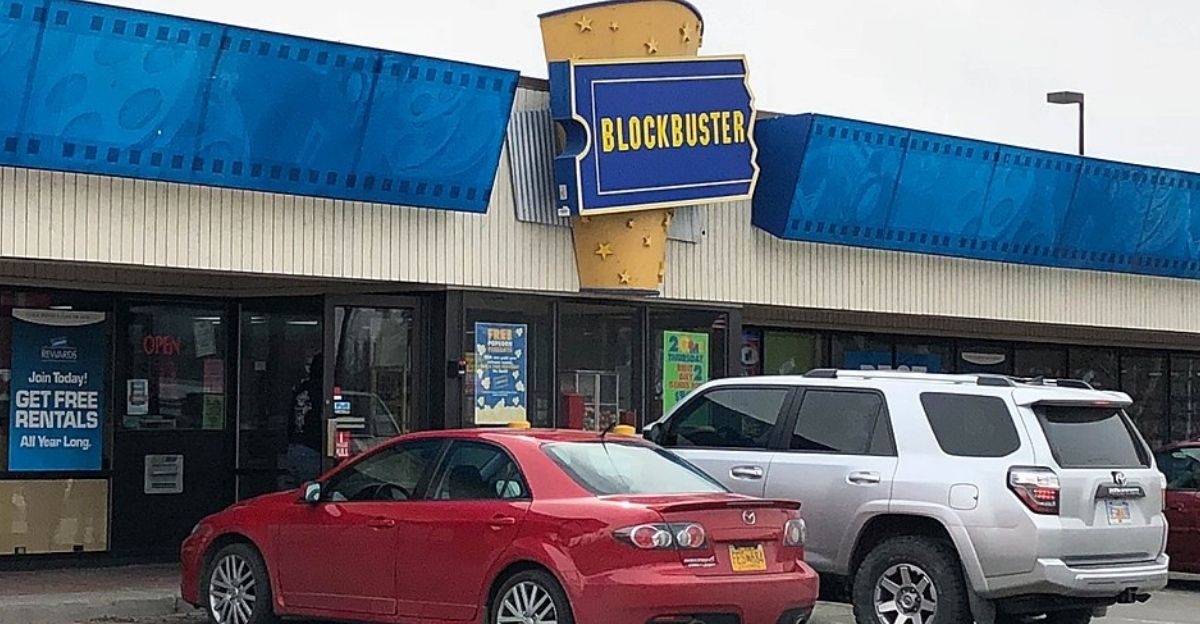
Before digital streaming platforms, Blockbuster was the go-to for anyone who wanted to watch a movie at home. The company started in the 80s and was hugely successful. The brand spread across America and was frequented by mall shoppers regularly. However, once digital streaming became the go-to, the company started waning. In 2014, they closed all of their outlets except for one last store in Bend, Oregon. To date, it’s the last Blockbuster still around, a remnant of this once hugely popular retail giant.
9.) Dressbarn
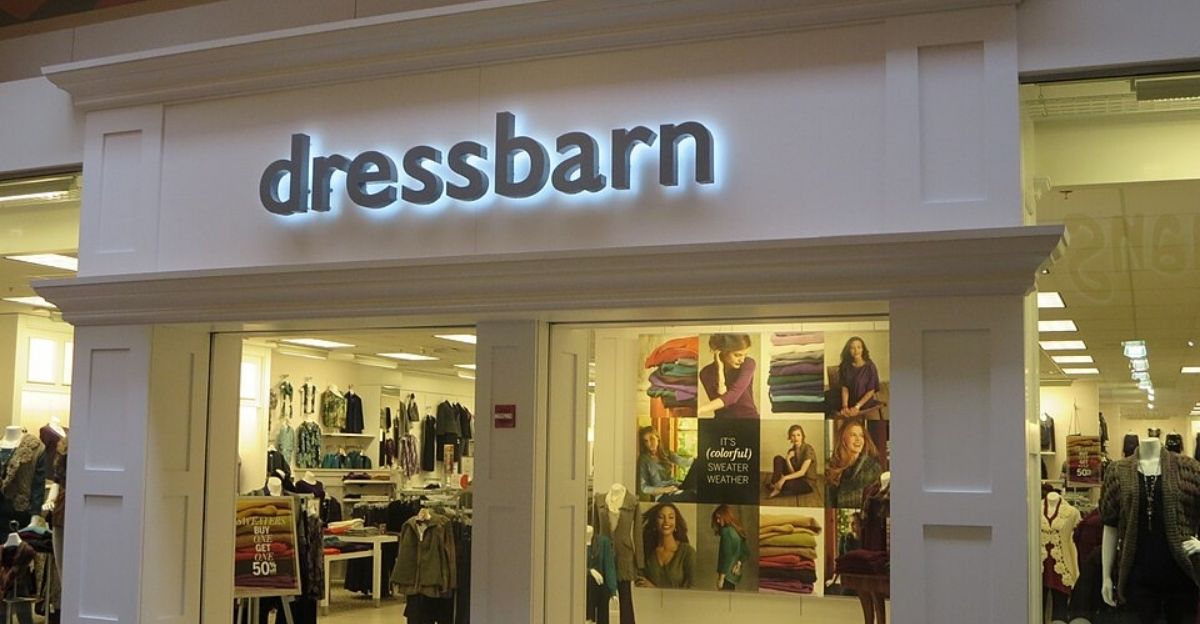
Dressbarn was a company that was started in the 60s by a woman named Roslyn Jaffe. She saw the potential for offering ‘wear-to-work’ dresses that were tailored to the new emerging female workforce in the era. The company saw a lot of success, but sadly, struggled to maintain its pace in the 21st century. Competition from cheaper retailers and e-commerce platforms forced the store into bankruptcy. As of 2019, the brand has been closing all of its stores around the country.
10.) Forever 21
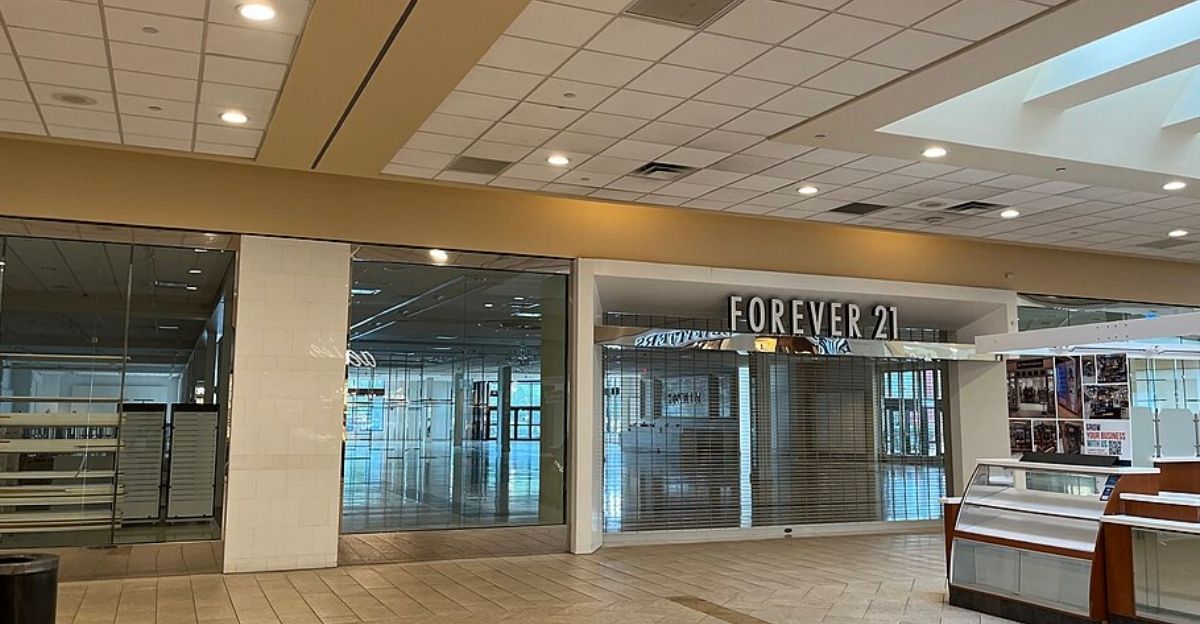
Forever 21 was a well-known fashion outlet that was started in the 80s in America. The company saw a lot of success during the 20th century and even into the early 21st century. However, due to the rapid changes in the American retail economy, the company was forced to close all of its American stores this year. According to Forever 21, the company cited mounting debt and decreasing sales as the main reasons for closure. However, the brand hopes to keep its international stores up and running in the future.
11.) Fry’s Electronics
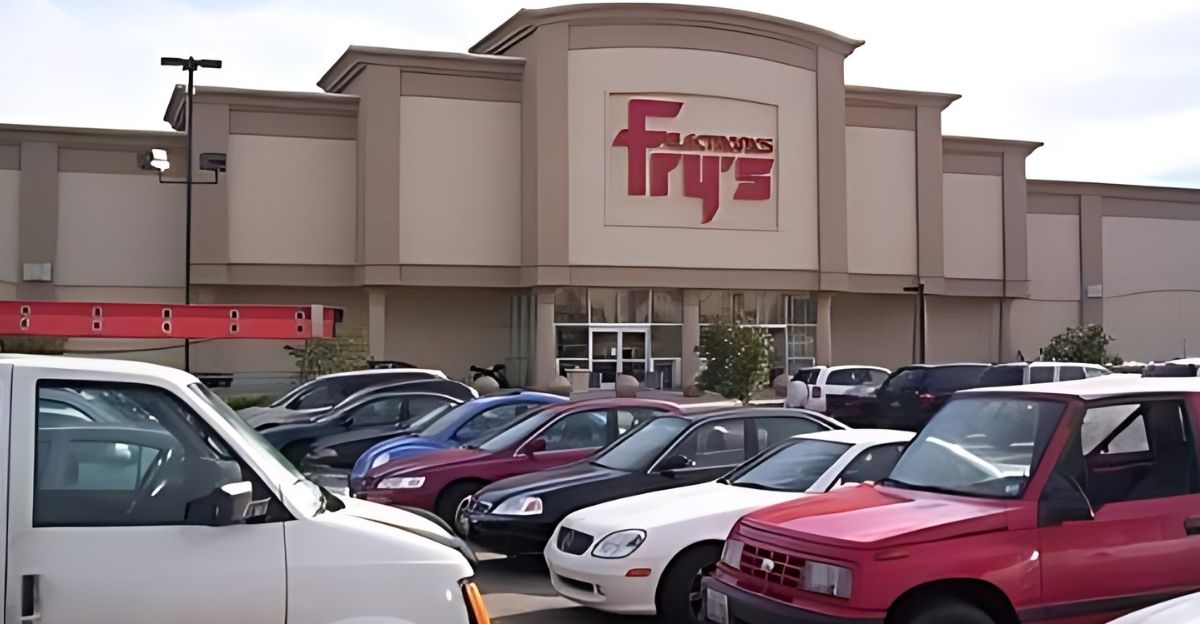
Another company that was famous for adopting the electronics ‘superstore’ format, Fry’s Electronics, found itself under mounting pressure from the world of online electronics e-commerce retailers and platforms. The company had huge costs due to the superstore format, and its sales were declining rapidly. In 2021, the last few Fry’s Electronics stores were forced to close as the company couldn’t afford to keep them open anymore, ending a pretty good run for the company.
12.) Godiva Chocolatiers
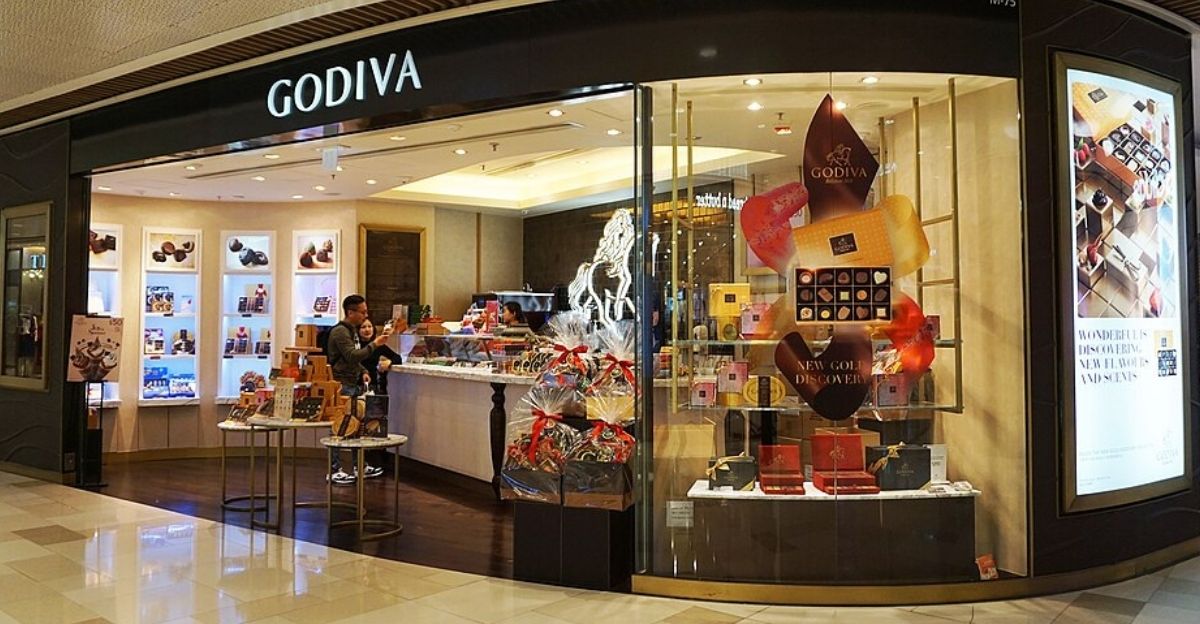
Godiva was a brand known for offering its customers high-quality chocolate products. These stores could often be found in malls or close to them. However, after the massive shift in consumer habits during and post-pandemic, Godiva was forced to shutter all of its American stores due to a massive decrease in traffic and sales. The company still exists internationally in places like Europe and Asia, but had become unsustainable in America. They closed all American 128 stores in 2021.
13.) Hastings Entertainment
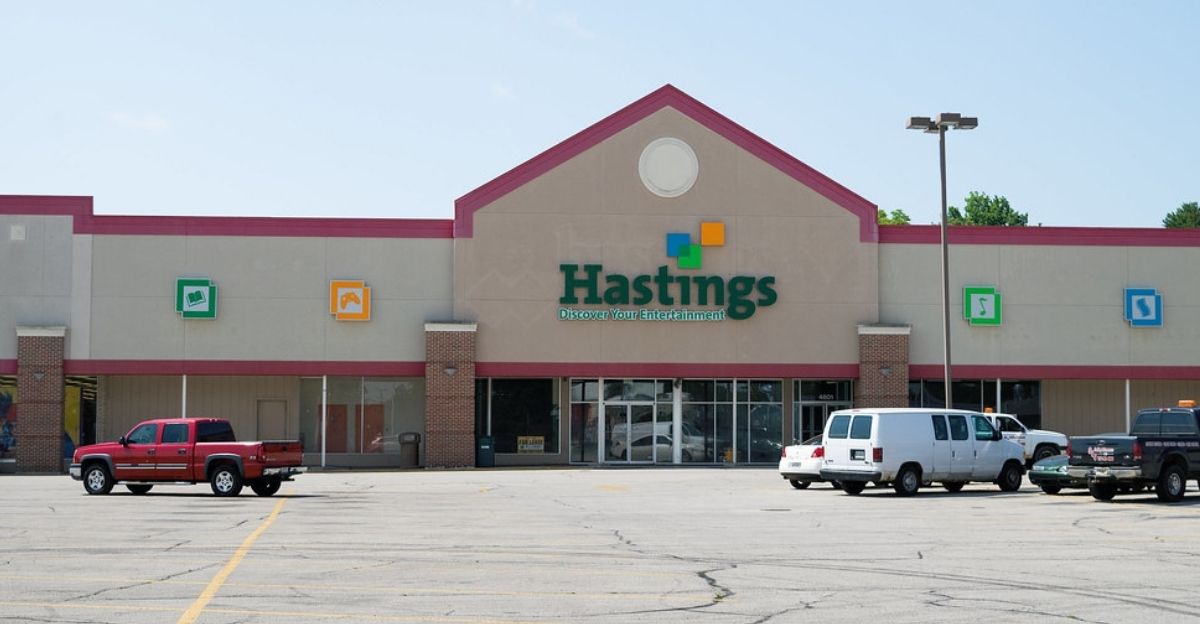
Hastings Entertainment was a store that was based on selling a variety of different entertainment products like books, CDs, DVDs, electronics, and games. The company was started in 1968 and also saw a decent amount of success throughout the 20th century. However, they also faced a great deal of declining sales and customer traffic with the advent of digital streaming, and e-commerce platforms taking a large portion of their customer base. The company finally went bankrupt in 2016 and closed all of its stores.
14.) Nike, Inc
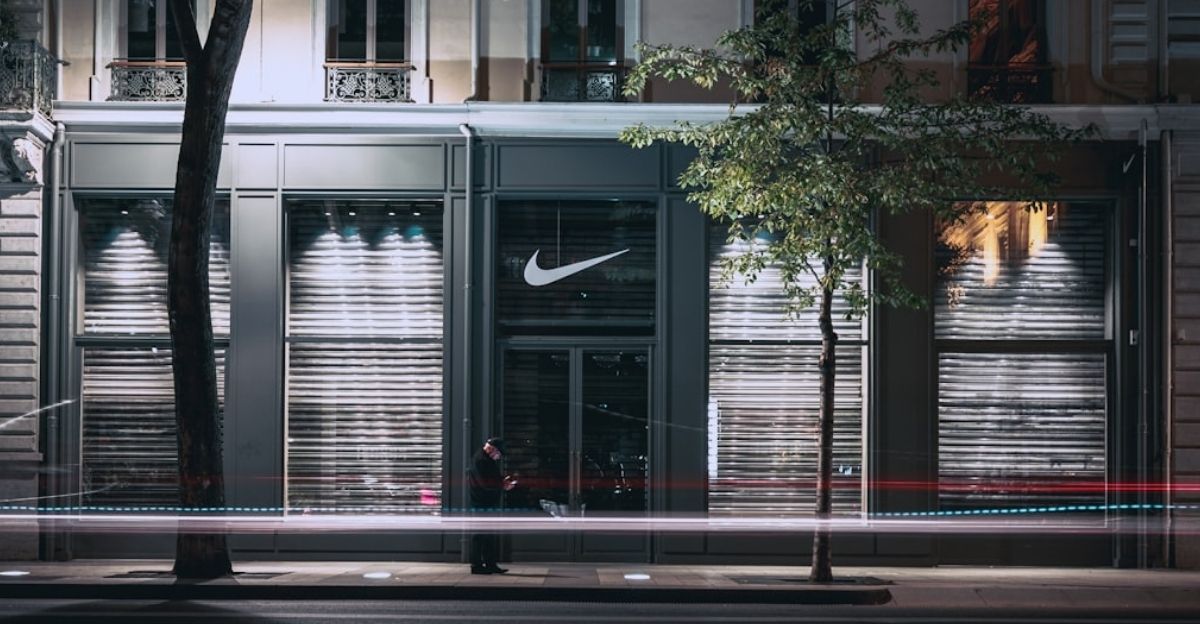
While Nike is certainly not going bankrupt, its still one of the largest company’s in the world, the brand claimed that they want to reshift their focus to a more e-commerce based model and have decided to start closing physical stores. According to Business Insider, the company aims to focus on only 40 Nike retailers and this means the likelihood of seeing one in your nearby mall in the future will greatly diminish. While this probably won’t have a negative effect on the company’s sales, it could be a sad loss for many customers.